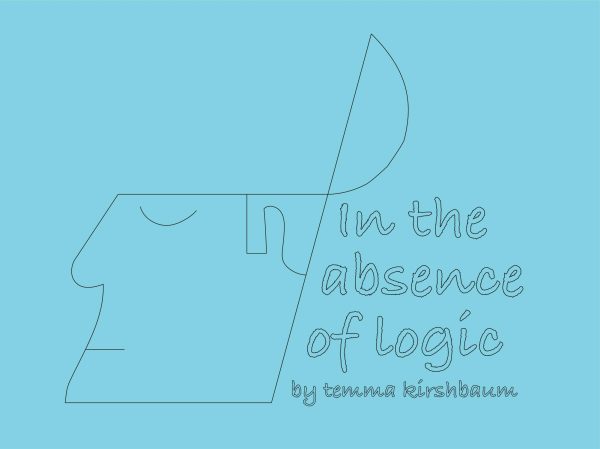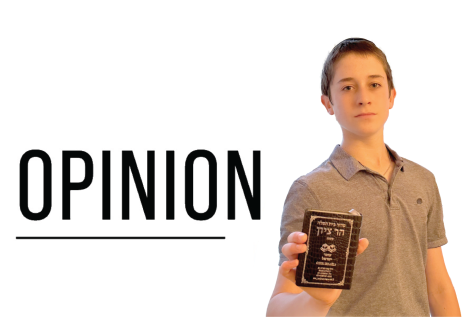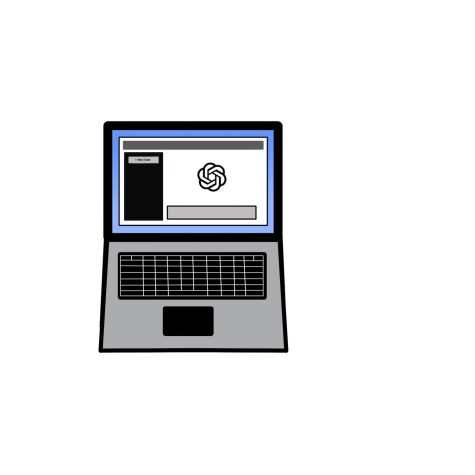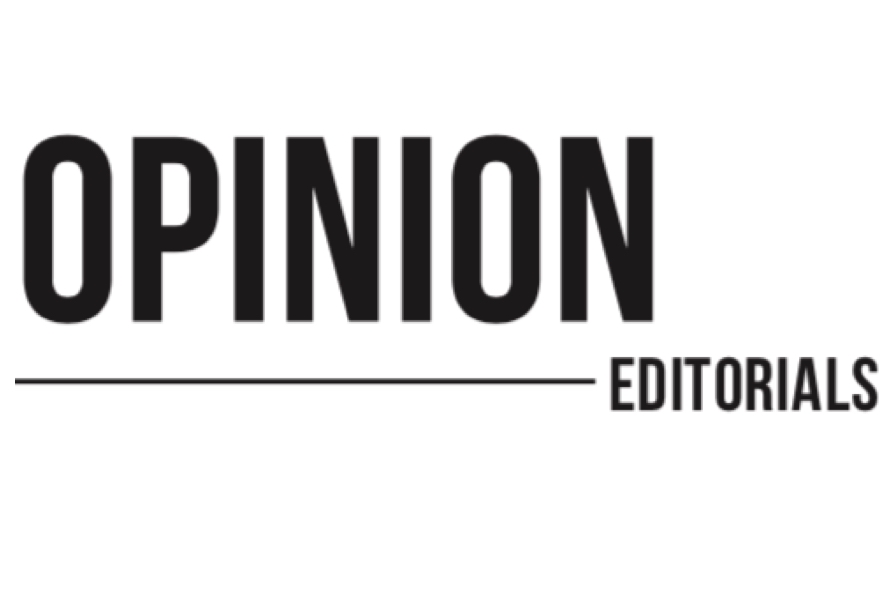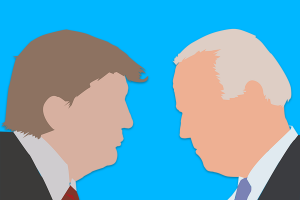Fear, loathing and anonymity
Four years ago, the Boiling Point interviewed multiple students who voted for Donald Trump or Hillary Clinton and included their quotes and their names in various articles. The paper even published an article titled, “Shalhevet students say why they voted for Trump.”
Though that presidential election was certainly controversial, students were still happy to publicly endorse and speak about the candidates they supported.
But this year, we could only find three people who were willing to be interviewed on the record — that is, assigning their names to their comments. Three people. Out of 242. And that includes both Trump and Biden supporters.
Throughout this issue, we have used more anonymous interviews than ever before.
Everyone knows the country is divided, but disunity isn’t even the main issue. The main issue is fear, and it’s apparent on both sides. Students are scared to be publicly quoted endorsing either candidate.
And why wouldn’t they be? Pro-Biden signs have been vandalized and stolen, and Trump supporters — at least in Los Angeles — rarely even put signs up in their front yards. Boiling Point staff looked through at least four neighborhoods and found only three signs supporting President Trump, though as reported on Page 4 of this issue, in zip code 90034, which is the southern part of Beverlywood, 20% of residents voted for Trump in 2016. But most would not publicly admit it.
It’s easy to point fingers elsewhere for the source of this fear. But maybe we should look first at ourselves.
A teaching from Eruvin 13b is actually extremely applicable. Beit Hillel and Beit Shamai were arguing about a certain halacha for three years, after which a bat kol, heavenly voice, came down to proclaim that both opinions were the “words of the living God” but that halakha would follow the House of Hillel’s judgment because its students were kind, gracious, and taught Shammai’s opinions before their own.
In other words, in God’s eyes, it matters more how you conduct an argument than whether you’re right or wrong.
Maybe we are suffering through a time of fear because we have lost sight of that teaching.
When we started working on our Special Election Edition, we expected Keira Beller’s story about signs to describe new ways people reach beyond their couches during the pandemic. The story changed. Fortunately, in our interview with Rabbi Yosef Kanefsky, we found the concept of “holy conduct.” As he says on Page 4, holy conduct is partly “looking other people in the eye and, before saying or doing anything, remembering that like you, this is a person who is created in the image of God, who is deserving of fundamental respect, who is possessing dignity.”
We can start by asking ourselves whether that is what we’ve been doing. And if not, we can start now.
First, we ask that our readers please think twice before berating anyone for the opinions or facts they were brave enough to share in this issue. Without them, you’d have less to think about, you’d understand your community less, and you’d hear only what you already know.
Also, the Boiling Point Editorial Board condemns anyone who vandalized or stole pro-Biden signs. You should not mock people for their beliefs, nor should you be committing illegal misdemeanors to bother them. Such actions are undoubtedly part of why people are so scared. In this country we have freedom of speech, so if you attack when others voice their opinions, who will stand up for you when the unpopular opinion is yours?
Whoever was intolerant first, it’s long past time to look at how this started. Instead, let’s figure out how we can make it end. The first step in activating change is improving yourself. Like the students of Beit Hillel, we should be kind and gracious — and at least respectfully hear, if not express, opinions that are not our own.



